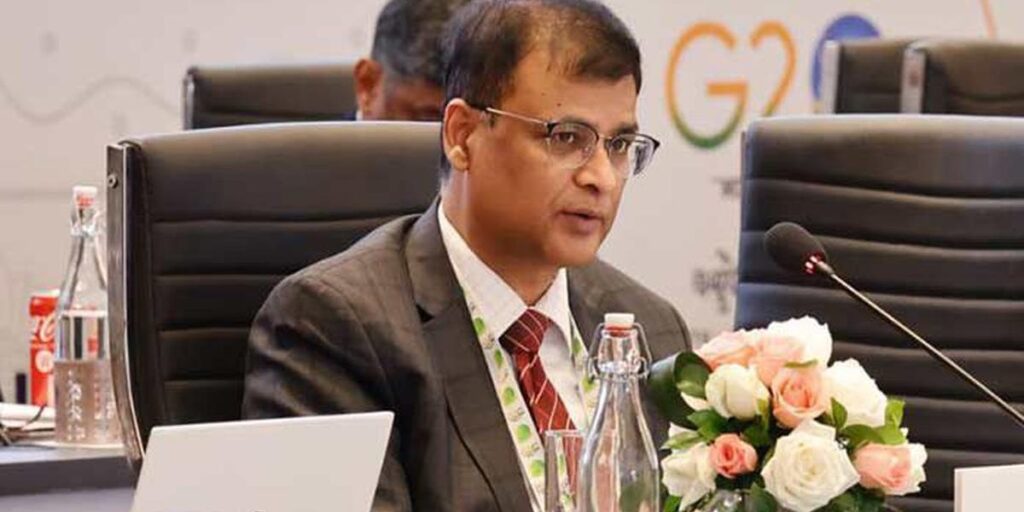Important for
Prelims: Polity
Mains: General Studies II

PM Modi spoke of returning Rs 3,000 crore attached by ED to West Bengal’s poor.
How ED attaches cash
- ED is mandated to conduct searches at the premises of suspects in a case under the Prevention of Money Laundering Act (PMLA).
- They conduct searches on suspects’ premises with a search warrant, seizing recoveries in front of independent witnesses who sign the seizure memo to validate the process.
Role of ED with the seized cash and gold:
- Previously, seized cash was kept in fixed deposit accounts until case resolution.
- Since 2018, seized funds now directly deposited into non-interest-bearing Personal Deposit accounts in the Enforcement Directorate’s name at the State Bank of India.
- The procedure for both cash and gold remain the same.
Process after seizure or attachment
- The purpose of attachment is to deprive an accused of the benefits of the attached asset.
- Law also provides for the property to remain out of bounds for the accused until the trial is complete.
- After ED attaches or seizes any property, including cash, it has 180 days to get a confirmation on the said seizure from the Adjudicating Authority of the agency.
- Once attachment get confirmed, the ED can take possession of the seized property.
- In case it is an immovable property, the ED can issue eviction notice to the property owner and take possession of it.
- However, the Adjudicating Authority order can be challenged in the Prevention of Money Laundering Act (PMLA) Appellate Tribunal and further in the high court which can stay the order, restore the property to the owner or clear the way for ED’s possession of the asset.
- Properties that are of no use while the trial in the case is still on: In such cases the concerned special director of the ED is made custodian and administrator of the property.
- The property can be auctioned by the government after trial is over. In cases where trials run for a long time, such properties can begin to crumble because of lack of maintenance.
What happens if:
- ED attaches a running business, such as a hotel. In exceptional cases, where properties—including businesses like hotels don’t directly benefit from seizure or are of no immediate use, the ED can opt to let the businesses operate.
It can claim the profits, or appoint a custodian to manage the property, ensuring maintenance of its value until auction following the trial’s conclusion. - Attached property is a residence: When the ED attaches residences confirmed by judicial authorities, it may seek eviction of the accused. If eviction isn’t possible, the ED can charge rent.
- When vehicles are attached: Previously, vehicles attached by the ED were stored in warehouses. This lead to deterioration over time and financial losses.
- Recently, there was a change in rules. Now, the accused can use the attached vehicles while paying rent determined by the local transport department.

Practice Questions for Prelims
Consider the following statements regarding Enforcement Directorate :
1. Funds seized by ED, directly deposited into non-interest-bearing Personal Deposit accounts in the Enforcement Directorate’s name at the State Bank of India.
2. In case it is an immovable property, the ED can issue eviction notice to the property owner and take possession of it.
3. It can auction the seized property before the conclusion of trial in the relevant case under PMLA.
How many of the statements given above is / are correct :
a) Only one
b) Only two
c) All three
d) None
Ans. b)




Leave a Reply
You must be logged in to post a comment.